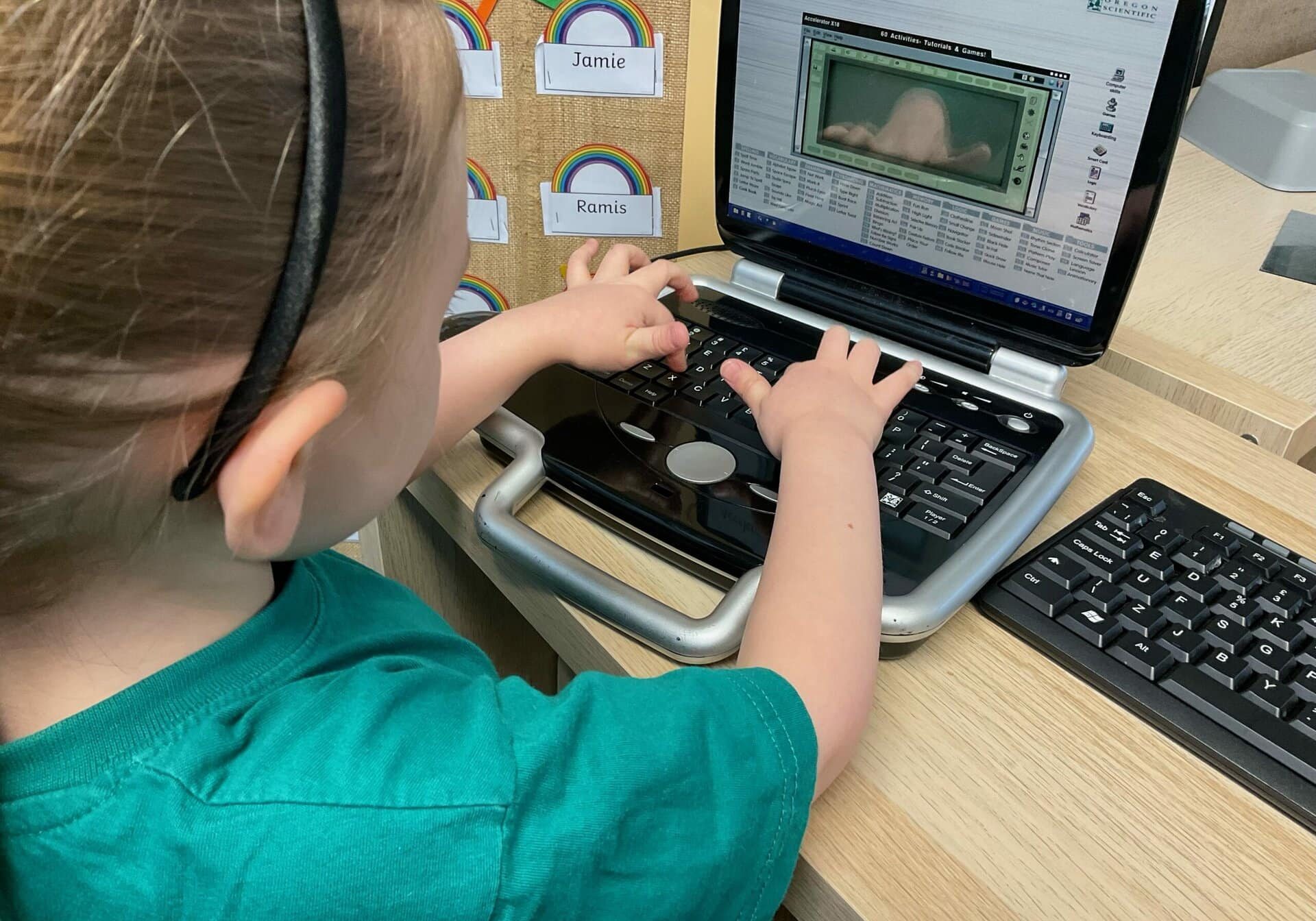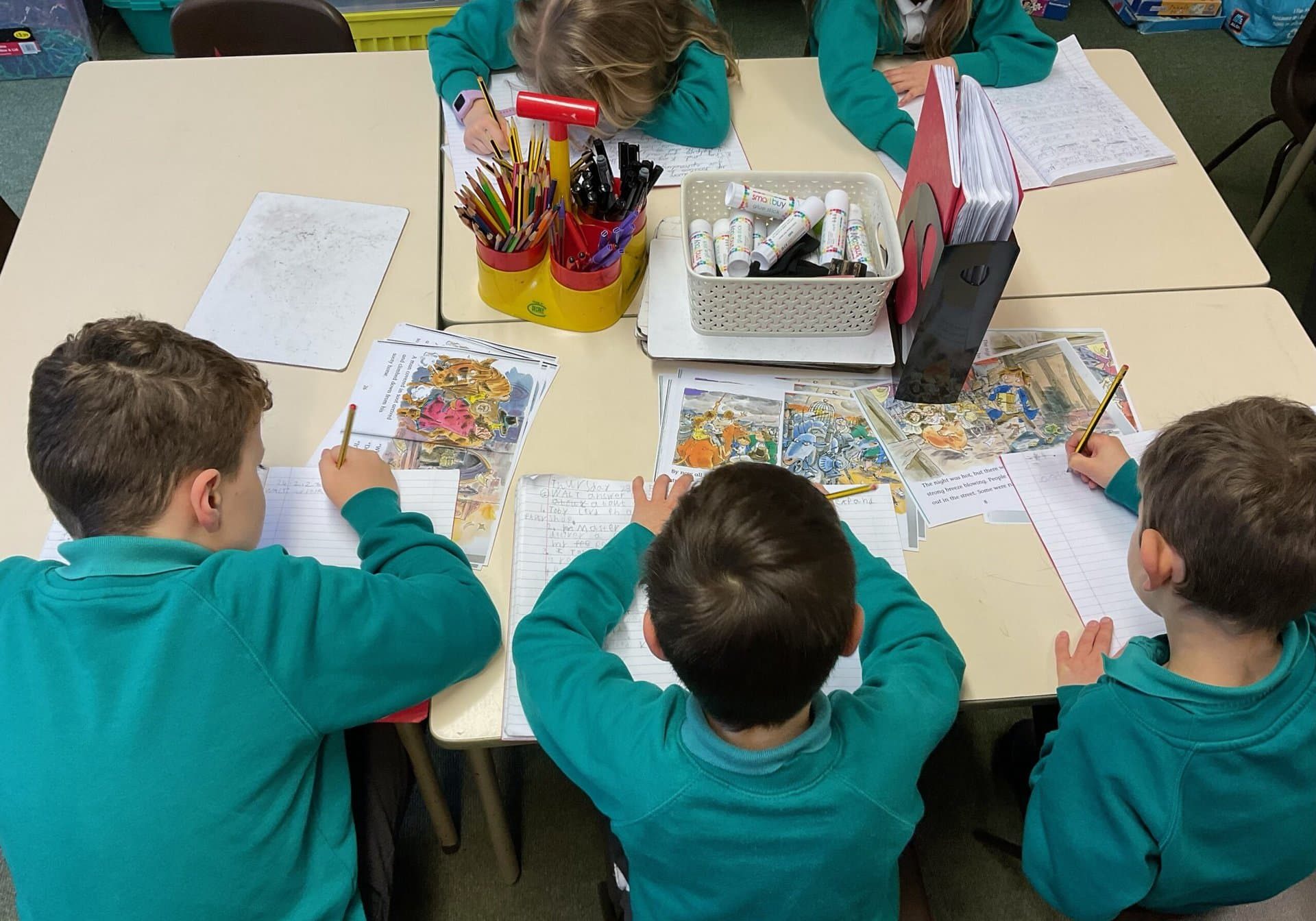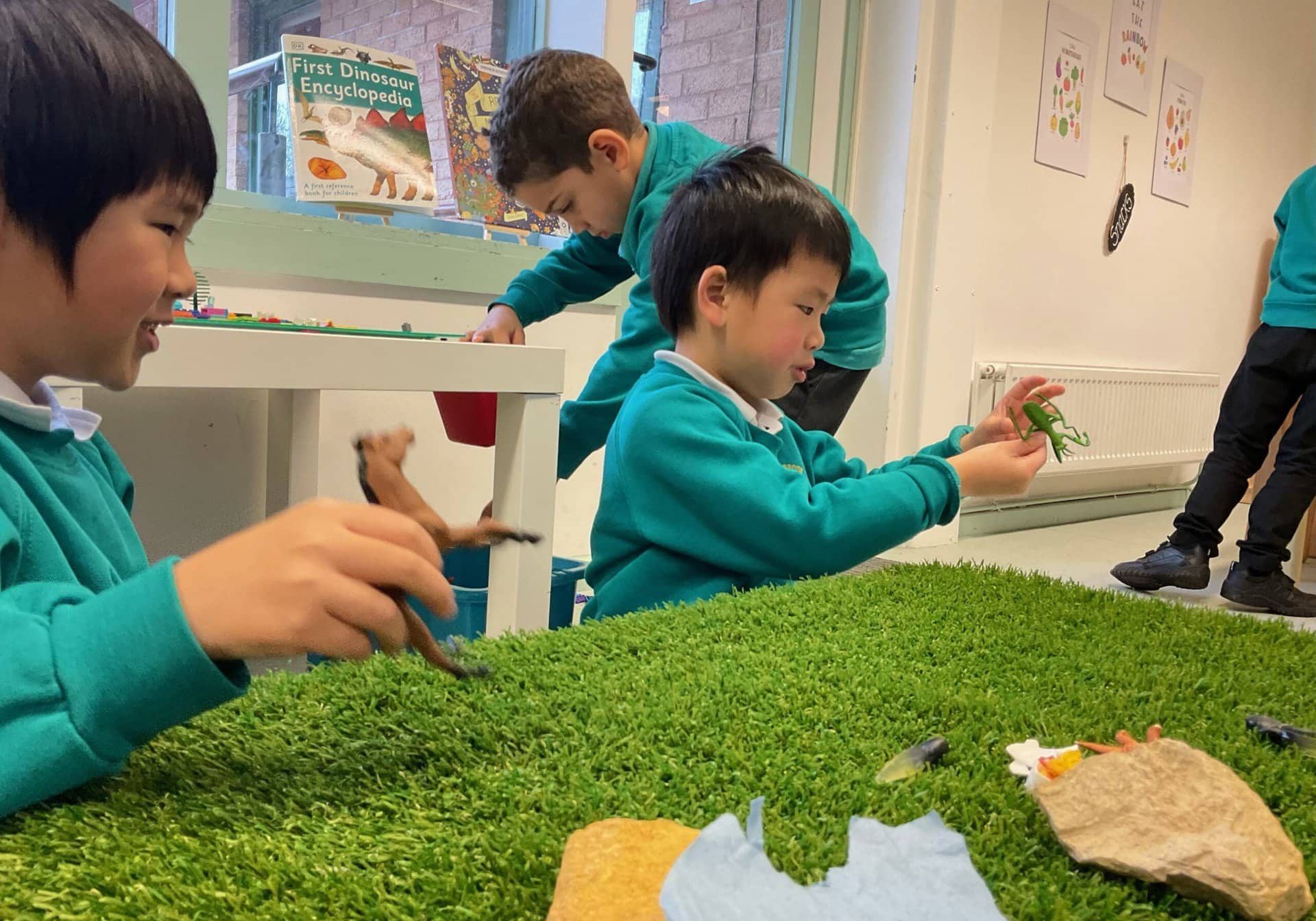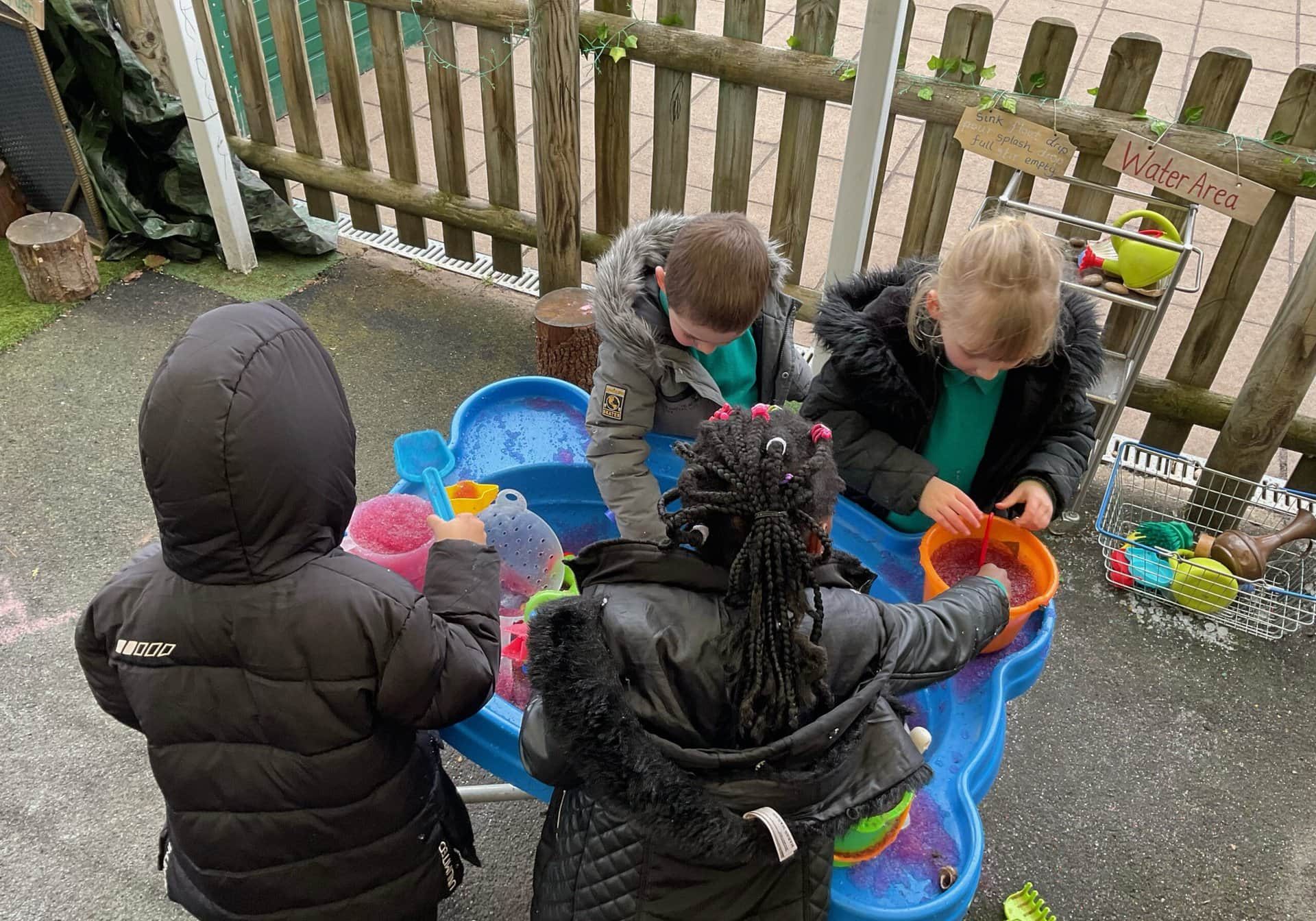Home Learning
Research into the impact of home learning demonstrates that when homework tasks are specific and focused on the learning that is taking place in school, they have the most impact.
Our aims for home learning are that parents will feel supported to:
- Strengthen children’s current learning.
- Prepare children for future learning.
- Ensure that all children can keep up, not just catch up.
- Meet the needs of children with additional needs.
- Give all children the opportunity to secure basic skills in reading, maths and spelling.
- Bridge the gap between home and school; providing parents and carers with direct involvement in their child’s learning.
- Provide consistency across the school by knowing what to expect.
How can parents support their children?
Talk to your child about their day
We would therefore encourage parents to daily talk with their children about what they have learnt at school by having simple chats.
- Tell me about the most interesting thing you have learnt today?
- What did you enjoy most about today’s learning?
- What do you think you are going to be learning about next?
- How could you have improved your learning today?
Valuing the contribution home learning can make
We want parents to;
- Make it clear to their child that they value home learning, and support the school by explaining how it can help their learning.
- Carry out home learning tasks in quiet places away from distractions whenever possible.
- Encourage and praise them when they have completed home learning tasks.
- Ensure the quality of work at least matches the quality of work in school. Children should be encouraged to take a pride in their work and handwriting should be similar to school expectations.
- Use a good quality pencil or pen. They should avoid writing in felt tips or crayons as this does not support good fine motor development.
- Pick the right time and persevere, because it is important they understand they need to fulfil their expectations.
- Talk to their child’s class teacher if it is becoming difficult.
- Share the successes with your child's class teacher!
Home Learning in Foundation
- Read at least 5 times a week. We would recommend reading a little each day.
- Access 'Learning with Parents' where you can access the digital reading log and additional activities.
- Fab phonics - your child will bring home sounds to practice to match the sounds we have taught in school.
- Engage with Arc Pathway app on a weekly basis.
- Check the weekly Sway newsletter, which is updated each Friday with suggested learning linked to the current topic.
- Share and talk about their chosen library book.
- Play!
Home Learning in Year 1
- Please help your child complete their home learning and to practise their spellings.
- Completed home learning needs to be handed in by the following Wednesday.
- Read at least 5 times a week. (This all helps to contribute to the children's reading stars!) Access 'Learning with Parents' where you can access the digital reading log and additional activities.
- Every week the children bring home their home learning books on a Friday. It will include two Flashback 4s from the week's maths lessons and a reasoning task that they have also completed that week for consolidation.
- The spellings are adapted according to the children’s phonics levels and these are tested on a Thursday. They are taken from the Year 1 common exception words.
- Practically use numbers as you walk up the stairs, count the lampposts as you walk to school, look at door numbers, count how many peas are left on their plate
- Please help your child to learn their address – door number and road name.
- Share and talk about their chosen library book.
- Check the weekly Sway newsletter, which is updated each Friday with suggested learning linked to the current topic.
Home Learning in Year 2
- Homework is a recap on learning that has taken place over the week covering English and maths.
- Please help your child complete their home learning and to practise their spellings.
- Homework is sent home every Friday to be completed by the following Wednesday.
- Read at least 5 times a week. (This all helps to contribute to the children's reading stars!) Access 'Learning with Parents' where you can access the digital reading log and additional activities.
- Spelling has been adapted for children to practice learning common exception words and key vocabulary which they have learnt across the curriculum that week.
- Handwriting: As children practice their spellings via letterjoin they will be encouraged to write and practice these using their very best handwriting in their home learning book. Also via letterjoin, children can enjoy games and activities to practise their handwriting using the same methods we teach in school.
- Share and talk about their chosen library book.





